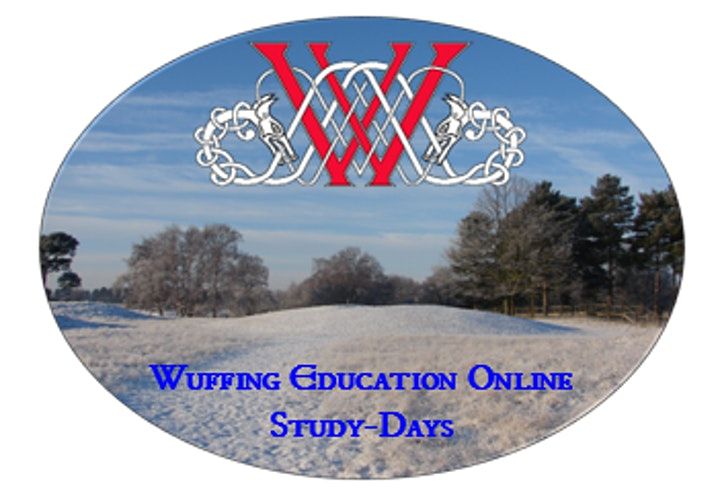
About this Event
Title-picture above: detail from the opening of the Old English Menologium, the verse calendar attached to Ms.B of the Anglo-Saxon Chronicle, copied at Abingdon, 11th - 12th century (thanks to the British Library for this image [BL, Cotton Tiberius B.1, f. 112r]).
We know a surprisingly large amount about the reckoning of time in the first millennium AD. We have learned treatises by Bede in the eighth century, Ælfric in the tenth century, and Byrhtferth in the eleventh, all of which explain the methods of calculation in some detail.
As well as these we have the Old English Menologium, a verse canter through the months and feast-days of the year. Although it mainly focuses on the important Christian festivals, it often reads as if it is based on an earlier narrative based on pre-Christian farming year.
The Study Day will begin with an introduction to the learned treatises, before looking in detail at the Menologium and its background. The Old English text will be provided with a fresh translation by Stephen Pollington.
Provisional Timetable
10.15 – 11.15: The Anglo-Saxon Year
11.15-11.45: Coffee-break.
11.45 – 12.45: A Year of Feast and Saints
12.45-13.45: Lunch-break.
13.45-14.45: The OE Menologium
About Stephen Pollington
Steve has many published titles on the Old English language, military culture, healing and herblore, runes and feasting in the ‘meadhall’, as well as a double CD of readings in Old English. He has lectured widely on aspects of Anglo-Saxon culture since 1991, from local history to the details of verse metre, from theories of the origins of the Germanic runes to the handling of Anglo-Saxon weaponry. He has worked on a number of television and radio programmes, and was script advisor to the ground-breaking 1000 AD, in which dramatic dialogue was spoken entirely in Old English and Old Norse. His current project is a French-language two-volume introduction to runes to begin publication this year: Runes: L'Ecriture des Anciens Germains. Tome I: Origines et Développement.
Some Suggestions for Optional Background Reading
Peter Baker & Michael Lapidge, Byrhtferth's Enchiridion, Early English Text Society, Supplementary series, 15 (Oxford 1995).
Martin Blake, Aelfric's De Temporibus Anni (Brewer 2009).
Kenneth Harrison, The Framework of Anglo- Saxon history to AD 900 (Cambridge 1976).
Kazutomo Karasawa, The Old English Metrical Calendar (Menologium) (Brewer 2015 [hardback] & 2021 [paperback]).
Faith Wallis, Bede: The Reckoning of Time (Liverpool 1999).
What happens next:
When you book tickets, it is essential that you open an account for yourself on Eventbrite at the same time (if you haven't already done so). Do not book via the anonymous 'guest account' option.
This is because of the way in which Eventbrite works with Zoom - without an account, it won't let you sign in to join the study-day on Zoom.
After booking you will receive an email with a link to take you to a webpage with a timer counting down to the start of the event. When it reaches zero it will say 'Join Now'. Click on the link and Zoom will automatically start, but only if you have opened an Eventbrite account.
It's a good idea to have set up and tested your Zoom configuration well in advance and be aware of how to use the controls. There is guidance and a test link here.
You can type in 'Wuffing' to search in the Online section of Eventbrite to find more study-days with Wuffing Education.
You can also click on the 'Follow' button above to hear details about any of our events as soon as they are published.
And you can click here to receive our email newsletter about forthcoming events with Wuffing Education.

Event Venue
Online
GBP 30.00 to GBP 45.00
